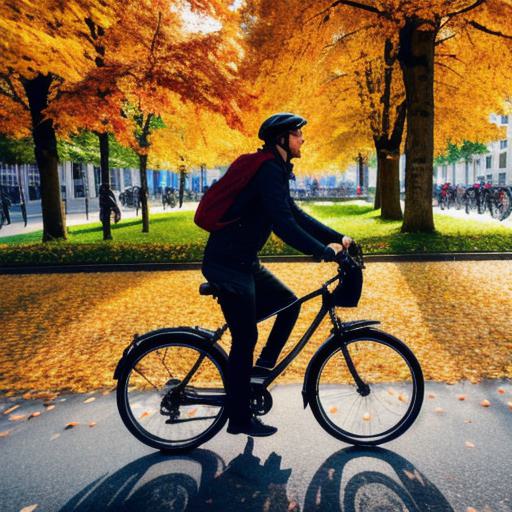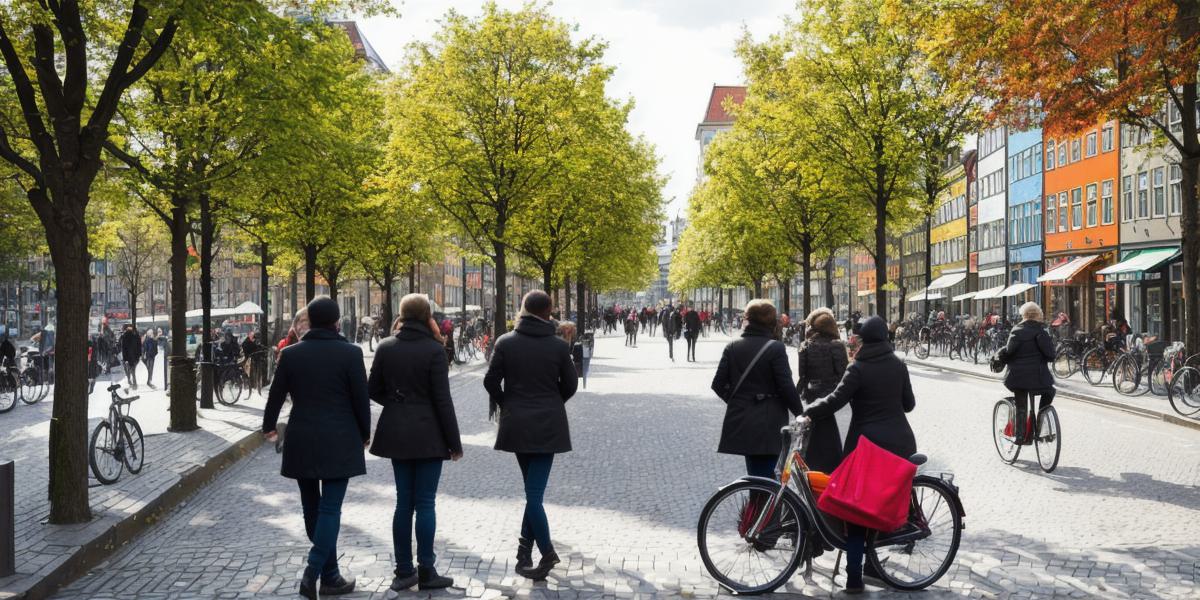Imagine living without a car. It seems unthinkable, yet many people worldwide have adopted this lifestyle. In Berlin, Germany, extensive public transportation and bike lanes make car-free living a reality (Tagesspiegel). Similarly, Copenhagen, Denmark, is known as the "cycling metropolis," with high bike ownership rates (The Guardian).
Living car-free offers environmental benefits and personal rewards. It reduces your carbon footprint, increases physical activity, improves air quality, and saves money (National Geographic). A study by UC Berkeley suggests that reducing car usage in the US could save up to $1 trillion annually (UC Berkeley). The European Environment Agency reports that transportation accounts for 25% of Europe’s greenhouse gas emissions (EEA).

Embracing alternatives like public transport, biking, and walking not only contributes to a healthier planet but also offers unique community experiences. Starting your car-free journey involves researching local transportation options, joining carsharing programs, or considering cycling or walking for short distances. For longer trips, consider taking the train, bus, or even flying. Savings on gas, maintenance, and insurance costs often offset the expenses of public transportation or alternative modes of transport.
As we confront environmental challenges and strive for sustainability, reconsidering our car dependence may be a necessary step.
